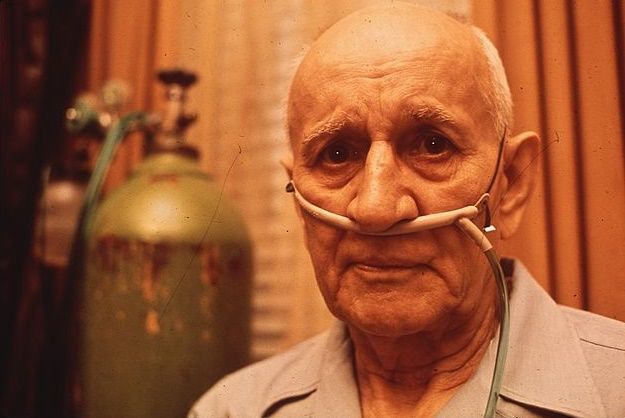The number of Danes with type 2 diabetes and the chronic lung disease COPD is expected to almost double over the next 13 years, prognoses from the Statens Institut for Folkesundhed show.
At present, around 220,000 people have been diagnosed with type 2 diabetes, and this is expected to rise to 430,000 by 2030.
READ ALSO: Greenland facing diabetes epidemic
The corresponding figure for COPD, which is a progressive lung disease characterised by increasing breathlessness, is expected to rise by around 40 percent to 250,000, reports DR Nyheder.
Increased longevity can also be a curse
Ironically perhaps, these diseases will hit more people because we are living longer. Coping with patients who have them will also put a tremendous strain on the health service.
“Basically, we can say that as things are today, we just won’t be able to cope with the challenge,” said Henrik Nedergaard, the CEO of the diabetes association.
“The system will more or less collapse due to the diabetes patients alone, and on top of that comes all the other diseases. So it’s just not good enough as it is now.”
Better co-ordination needed
The minister of health, Ellen Trane Nørby, thinks it is necessary to co-ordinate the initiatives taken by GPs and the hospitals that treat chronic cases better.
“We also need to focus more on prevention – especially when it comes to smoking and obesity – to reduce the numbers of people who are ill,” she said.
The minister also points out that a number of initiatives have been set in motion, amongst which is a new diabetes action plan with 65 million kroner attached, which has already been approved.
“We’re also in the process of rolling out a more effective form of treatment in which people can become better at controlling their own disease,” continued Nørby.
“This can be seen in the implementation of treatment overviews for patients and in the active support given to them.”
Despite the bleak prognosis, the diabetes association is optimistic.
“There is a lot of good will from the minister, from within the health service, from GPs and others – so seen in that light, I really do believe we will manage,” said Nedergaard.















